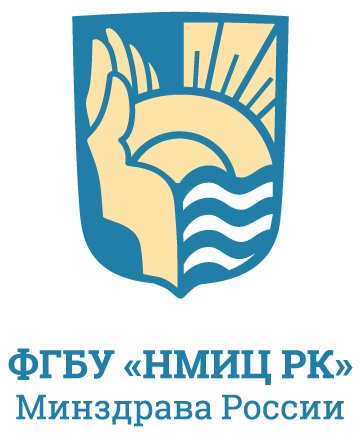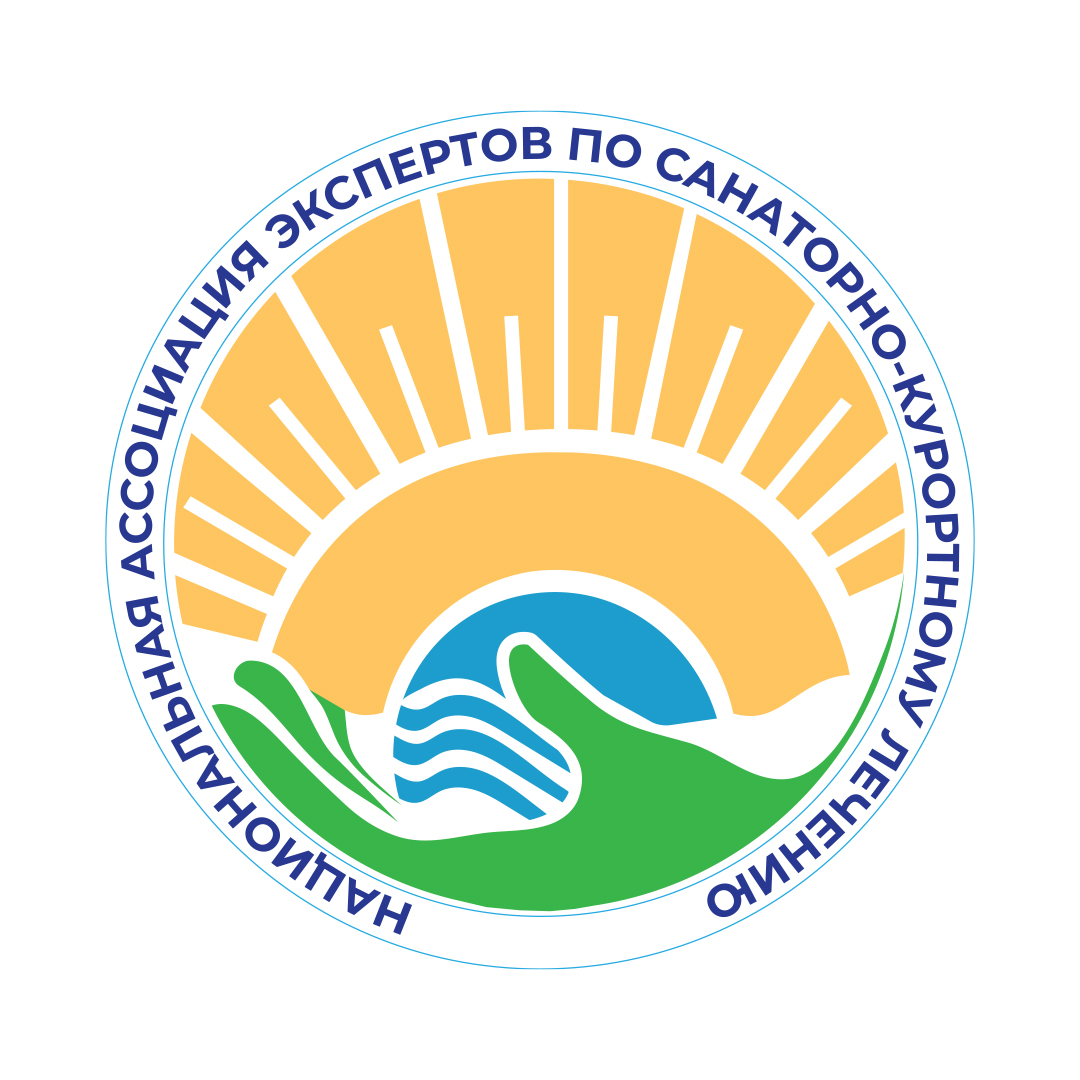Issue 1-22, 2023
Development of Meteopathic Reactions in Patients Treated at Health Resorts: a Cross-Sectional Study of 735 Patients
1 ![]() Anatoliy D. Fesyun, 1,2
Anatoliy D. Fesyun, 1,2 ![]() Maksim Yu. Yakovlev, 1
Maksim Yu. Yakovlev, 1 ![]() Elena A. Valtseva, 1
Elena A. Valtseva, 1 ![]() Irina A. Grishechkina, 1
Irina A. Grishechkina, 1 ![]() Berta Yu. Abramova, 3
Berta Yu. Abramova, 3 ![]() Mikhail V. Nikitin
Mikhail V. Nikitin
1 National Medical Research Center for Rehabilitation and Balneology, Moscow, Russian Federation
2 I.M. Sechenov First Moscow State Medical University of the Ministry of Health of Russia, Moscow, Russian Federation
3 Sanatorium and Health Resort Complex Vulan, National Medical Research Center for Rehabilitation and Balneology, Moscow, Russian Federation
ABSTRACT
INTRODUCTION. Identification of risk factors for the emergence, development and exacerbation of chronic noncommunicable diseases and their correction is one of the main tasks of preventive and restorative medicine.
AIM. To study the frequency and severity of meteopathic reactions in patients undergoing health resort treatment, as well as to evaluate the associations with chronic noncommunicable diseases and the region of habitation.
MATERIAL AND METHODS. A verbal and communicative examination of 735 patients undergoing health resort treatment was carried out using the questionnaire «Severity of meteosensitivity of the patient» (Patent 2736612 C1 from 19.11.2020). Cross-sectional study design was used. The data were analyzed using descriptive statistical methods and the criterion c2.
RESULTS. It was shown that patients with chronic noncommunicable diseases including metabolic syndrome had the following meteopathic organism reactions: headaches (in 59.5 per cent of patients), arterial pressure increase (47.0 per cent), complaints of poor health expressed in weakness and decreased activity (42.5 per cent), sleepiness (41.46 per cent), pain in joints (40.5 per cent). The interrelation between the degree of the severity of meteopathy and the presence of diseases as well as the place of a patient’s residence (a region with contrasting climatic conditions and a considerable difference in time zones) was revealed, which may indirectly indicate a decrease in functional and adaptive reserves of the organism.
CONCLUSION. To confirm the results, it is necessary to evaluate the functional state of the organism in patients undergoing treatment, the severity of adaptive responses and the state of individual links of the organism’s regulatory mechanisms under changing weather and climatic conditions.
KEYWORDS: meteopathic reactions, chronic noncommunicable diseases, health resort, climatic/ weather, questionnaire
FOR CITATION: Fesyun A.D., Yakovlev M.Yu., Valtseva E.A., Grishechkina I.A., Abramova B.Yu., Nikitin M.V. Development of meteopathic reactions in patients treated at Health Resorts: a Cross-Sectional Study of 735 Patients. Bulletin of Rehabilitation Medicine. 2023; 22(1): 36–45. https://doi.org/10.38025/2078-1962-2023-22-1-36-45
FOR CORRESPONDENCE: Maksim Yu. Yakovlev, E-mail: masdat@mai.ru
References:
- GBD 2015 Risk Factors Collaborators. Global, regional, and national comparative risk assessment of 79 behavioural, environmental and occupational, and metabolic risks or clusters of risks, 1990-2015: a systematic analysis for the Global Burden of Disease Study 2015. The Lancet. 2016; 388(10053): 1659-1724. https://doi.org/10.1016/S0140-6736(16)31679-8
- World health statistics 2017: monitoring health for the SDGs, Sustainable Development Goals. Geneva. World Health Organization. 2017: 103 p.
- Kobyakova O.S., Deev I.A., Kulikov E.S., Starovoytova E.A., Malykh R.D., Balaganskaya M.A., Zagromova T.A. Chronic noncommunicable diseases: combined effects of risk factors. The Russian Journal of Preventive Medicine. 2019; 22(2): 45-50. https://doi.org/10.17116/profmed20192202145 (In Russ.).
- Balanova Yu.A., Kutsenko V.A., Shalnova S.A., Imaev A.E., Kapustina A.V., Muromtseva G.A., Evstifeeva S.E., Karamnova N.S., Maksimov S.A., Yarovaya E.B., Drapkina O.M., Redko A.N., Alekseenko S.N., Gubarev S.V., Viktorova I.A., Livzan M.A., Grishechkina I.A., Rozhkova M.Yu., Prishchepa N.N., Vezikova N.N., Skopets I.S., Yakushin S.S., Filippov E.V., Dobrynina N.V., Nikulina N.N., Pereverzeva K.G., Moseichuk K.A. Correlation of excess salt intake identified by the survey with urine sodium level and blood pressure: data of ESSE-RF study. Russian Journal of Cardiology. 2020; 25(6): 3791. https://doi.org/10.15829/1560-4071-2020-3791 (In Russ.).
- Yakovlev M.Yu., Bobrovnitsky I.P., Rakhmanin Yu.A., Koroleva I.V. Modeling meteopathic reactions of the organism and justification of their restorative correction for common diseases of the circulatory system. Fundamental and Applied Climatology. 2021; 7(4): 96-114. https://doi.org/10.21513/2410-8758-2021-4-96-114 (In Russ.).
- Mazza M., Di Nicola M., Catalano V., Callea A., Martinotti G., Harnic D., Bruschi A., Battaglia C., Janiri L. Description and validation of a questionnaire for the detection of meteoropathy and meteorosensitivity: the METEO-Q. Comprehensive Psychiatry. 2012; (53): 103-106.
- Smirnova M.D., Barinova I.V., Blankova Z.N., Ageeva N.V., Mukhina A.A., Borodulina I.V., Marfina T.V., Badalov N.G., Ageev F.T. Meteosensitivity in patients with arterial hypertension: manifestations and predictors. Russian Cardiology Bulletin. 2018; 13(4): 23-29 (In Russ.).
- Yakovlev M.Yu., Fesyun A.D., Datij A.V. Analysis of the main manifestations of meteopathic reactions in persons. Bulletin of Rehabilitation Medicine. 2019; 1(89): 93-94. (In Russ.).
- Vakulenko O.Yu., Razumov A.N., Rassulova M.A., Uyanaeva A.I., Turova E.A., Tupicyna Yu.Yu. Clinical manifestations of meteopathic reactions in patients with osteoarthrosis in the climate of Moscow. Voprosy kurortologii, fizioterapii, i lechebnoi fizicheskoi kultury. 2016; 93 (2-2): 47 (In Russ.).
- Berezhnov, E. S., Uyanaeva A. I., Maksimova G. A., L’vova N. V., Tupicyna Yu. Yu., Grigor’ev K. I., Kulikov A. G. et al. Method for predicting and correcting meteopathic reactions. Medical Technology. Voprosy kurortologii, fizioterapii, i lechebnoi fizicheskoi kultury. 2012; 89(2): 51- 54 (In Russ.).
- Gembickij E.V., Deryapa N.R. Kolesnik F.A. Acclimatization and climatic features of some internal diseases in the Zapoliapye. Clinical Medicine (Russian Journal). 1969; (5): 19 p. (In Russ.).
- Lobanov A.A., Andronov S.V., Fesyun A.D., Rachin A.P., Grishechkina I.A., Popov A.I., , Yakovlev M.Yu., Nikitin M.V., Lebedeva O.D. Study on Patient Adaptation in Sanatoriums. Bulletin of Rehabilitation Medicine. 2021; 20(3): 26-36. https://doi.org/10.38025/2078-1962-2021-20-3-26-36 (In Russ.).
- Bobrovnitskiy I.P., Yakovlev M.Yu., Fesyun O.A., Evseev S.M. Main aspects of the influence of meteorological and heliogeophysical factors on the human body. Russian Journal of Rehabilitation Medicine. 2021; (2): 40-46. (In Russ.).
- Martinaituene D., Rauskauskiene N. Weather-related subjective well-being in patients with coronary artery disease. International Journal of Biometeorology. 2021; 65(8): 1299-1312. https://doi.org/10.1007/s00484-020-01942-9
- Guo Y., Ma Y., Ji J., Liu N., Zhou G., Fang D., Huang G., Lan T., Peng C., Yu S. The relationship between extreme temperature and emergency incidences: a time series analysis in Shenzhen, China. Environmental Science and Pollution Research. 2018; 25(36): 36239-36255. https://doi.org/10.1007/s11356-018-3426-8
- Veenema T.G., Thornton C.P., Lavin R.P., Bender A.K., Seal S., Corley A. Climate Change-Related Water Disasters’ Impact on Population Health. Journal of Nursing Scholarship. 2017; 49(6): 625-634. https://doi.org/10.1111/jnu.12328
- Kozyreva L.I., Sidorina N.A. Influence of dynamic processes in the atmosphere on human health. Geophysical Processes and Biosphere. 2008; 7(3): 37-54 (In Russ.).

The content is available under the Creative Commons Attribution 4.0 License.
©
This is an open article under the CC BY 4.0 license. Published by the National Medical Research Center for Rehabilitation and Balneology.




